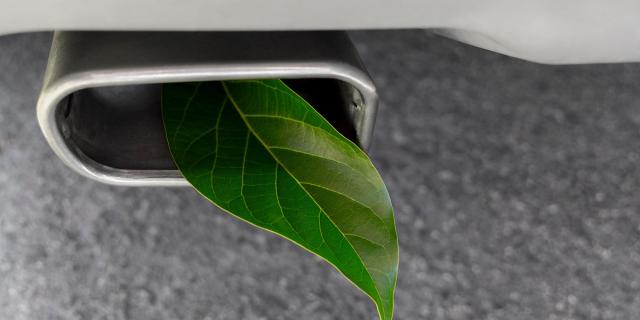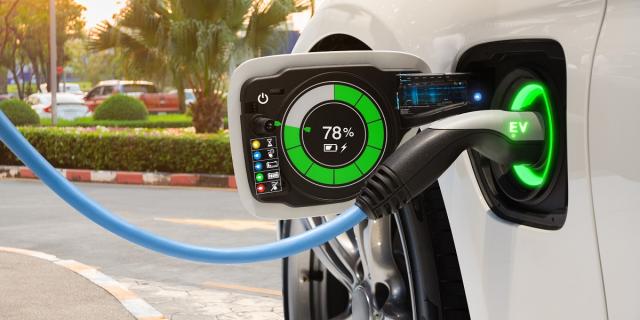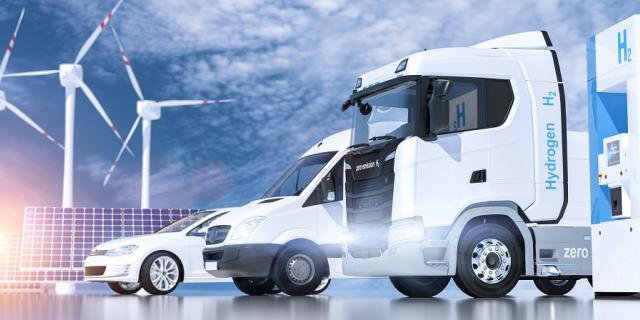In accordance to the EU 2035’s zero emissions target, as of 2035, every Passenger Car (PC) & Light Commercial Vehicle (LCV) delivered in the EU, will have the obligation to be free of driving emissions (no CO2 nor NOx emissions).Taking that into account, it is important to acknowledge that in 2050, due to the remaining thermal engine vehicles still in sufficient working condition, approximately 20% of all PCs & LCVs will still emit CO2 & NOx emissions. With regards to these elements, the European Commission has taken action and articulated a new set of measures which are aiming to reinforce the means for air quality improvement. On the 27th of Oct. 2022, the Council of the European Union and the European Parliament agreed on new standards, setting specific CO2 reduction targets for new cars and vans (100% by 2035). On the 10th of Nov. 2022 - the European Commission presents the EURO 7 norm proposal to replace the current EURO 6 norm.







